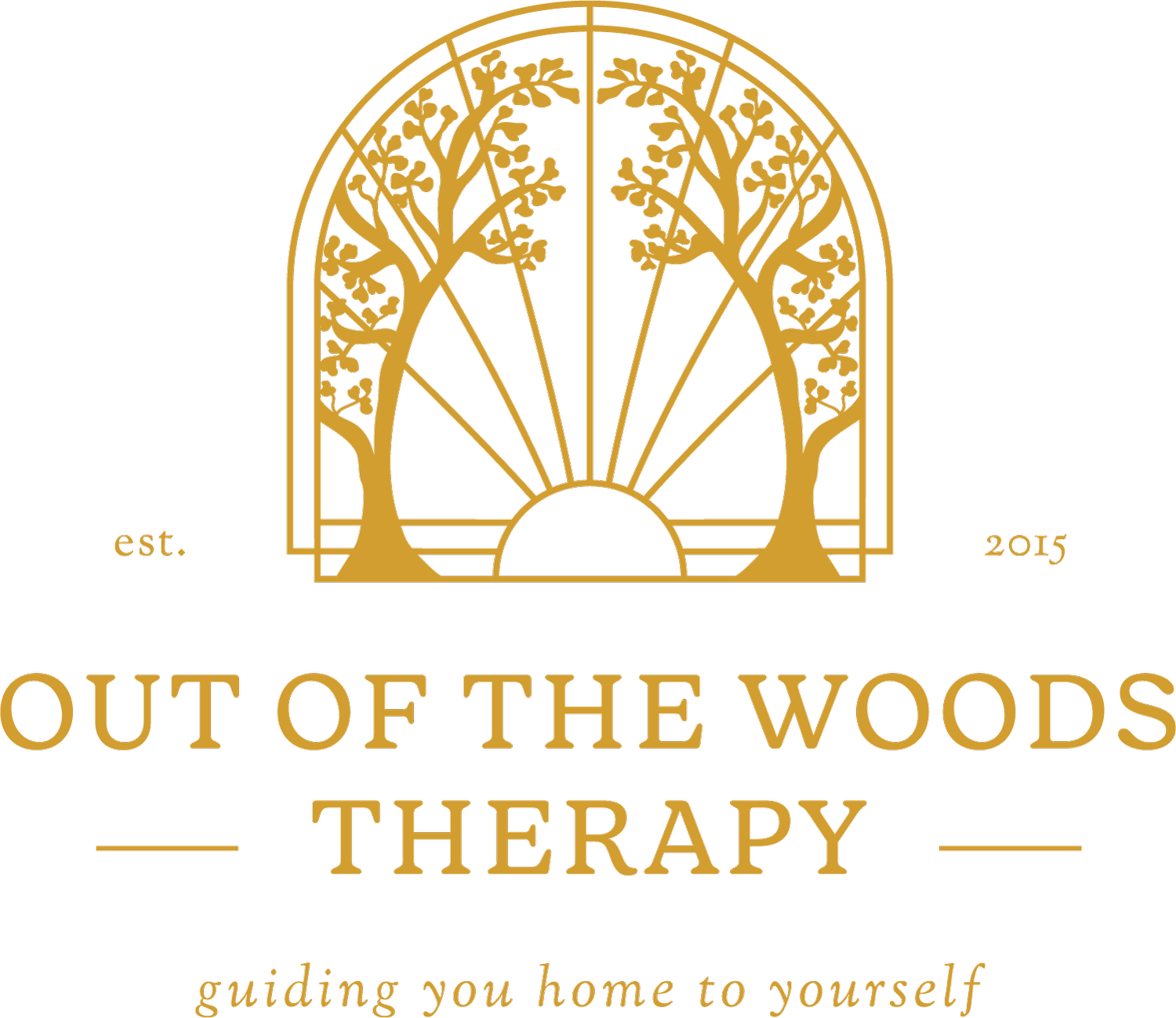One of the many reasons I became a sex therapist is because I felt inspired to help survivors of unwanted sexual experiences based on my work as a rape crisis counselor twenty years ago.
I started using the phrase “unwanted sexual experiences” to include everything from sexual harassment to unwanted physical experiences. This language covers a lot of ground and I quickly learned that vulva pain is definitely on the list for many people.
Me: “Have you ever experienced what you’d call an unwanted sexual experience?”
Many of my clients: “Yes - every time I have sex, my vulva hurts. I’d call that unwanted.”
Like far too many chronic pain conditions, vulva pain is often misdiagnosed (or not diagnosed) and patients who seek help at their doctor’s offices are dismissed with the following statement: “Everything looks normal; it must be in your head.”
Pain is a signal that calls (or screams) a need to tend to our body in some way. When we have providers who dismiss us, when we are misdiagnosed, and when we carry on for years without tending to our bodies because we have believed what we’re told by physicians, this can lead to further complications of the condition, the self-esteem, and can impact relationships.
Yes - sometimes my friends make fun of me for my “leisurely” reading, but what can I say? I love my work.
I read a book on the beach several years ago called “Healing Painful Sex” and must have thrown it across the sand like three times in anger because it included so many stories of patients who were dismissed by their doctors that sounded all-too familiar. A lot of the book discusses ways in which patients can advocate for themselves with their doctors, describes specific diagnoses of vulva pain, and normalizes the dismissive experiences and frustration that comes along with seeking treatment. The book is co-authored by a therapist and her doctor who treated her for vulva pain.
As I gained experience as a sex therapist, I was shocked to learn that most gynecologists have zero training in sex education. (Same goes for urologists, too, by the way). They are often very focused on reproductive health and less concerned or knowledgable about many of the factors that impact sexual functioning.
One of my clients reported to me that she shared with her mother that she was in treatment for vulva pain, explaining to her what this involved, and her mother said to her, “You mean sex isn’t supposed to hurt?”
This absolutely broke my heart. It also made sense. Many of us are taught to expect sex to hurt and then this is never discussed again.
It’s hard to find conversations about vulva pain and it can be difficult to talk about one’s own experiences. By the time someone comes to my office, believing a story that it’s all in their head and they want some help dealing with anxiety, they have often been to multiple providers who have reinforced this story.
It can be challenging to convince someone with this story to go see another doctor, but I am so very grateful to have partnered with providers in the community who are knowledgable about diagnosing and treating vulva pain conditions. Dr. Kiran Sigmon, one of my favorite local heroes, runs the Vulvar Pain Clinic at MAHEC - where she teaches OB/GYN residents things that most of their peers do not learn in other programs. She has regularly invited Heather Edwards (AASECT certified sex counselor, pelvic physical therapist, and sex educator who created the local event Vino & Vulvas) and I to teach her residents sex education each year for the past several years. We have worked closely together over the years and have shared dozens of patients with vulva pain.
I am also incredibly grateful for my dear friend and colleague Aleece Fosnight (PA and owner of the Fosnight Center for Sexual Health here in Asheville) because she is the only medical professional in western North Carolina who is thoroughly trained in sexual medicine and she opened an incredible practice that serves ALL bodies and addresses a variety of sexual health concerns.
It can be daunting for a person who experiences vulva pain to seek treatment - especially if they have tried and have been unsuccessful. What will happen? What if it really is “in my head?”
Does sexual activity hurt any part of your vulva area? Does it hurt (or is it even impossible) to use a tampon?
If this is you and you’d like to try again to get help (or try for the first time if you are just realizing that this is a thing), check out the following resources and know that you are not alone, it’s not just “all in your head,” and you have every right to feel pissed off at our health”care” system.
Therapists in our practice who have openings here.
Also check out options for therapists in our community here. Scroll to the bottom of the page for additional providers (Pelvic Physical Therapists - who are often a major part of the treatment plan).
The Fosnight Center for Sexual Health
Dr. Kiran Sigmon - leader of the Vulvar Pain Clinic at MAHEC
The National Vulvodynia Association
“Healing Painful Sex: A Woman’s Guide to Confronting, Diagnosing, and Treating Sexual Pain” by Deborah Cody and Nancy Fish*
*This book is geared towards cis-women. I’d love to see a book that focuses on vulva pain more specifically for folks who are gender-nonconforming/non-binary, trans, queer. If anyone knows of such a resource, please send me an email about it!


